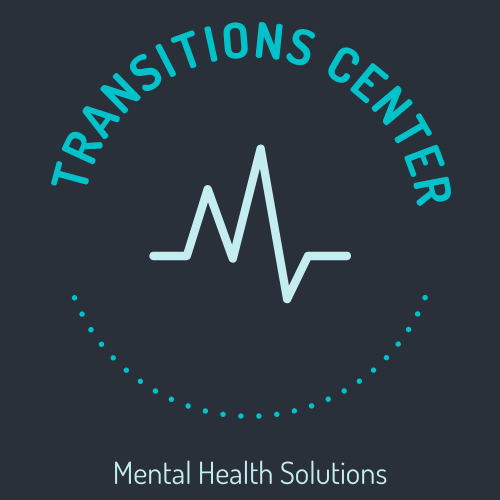A mood disorder, also known as an affective disorder, is a medical condition that has a significant effect on one’s mood and associated functions. Depressive and bipolar disorders, all of which affect mood, are referred to as mood disorders. Your moods can vary from very low (depressed) to very high (irritable) if you already have symptoms of a mood disorder (manic).
Types Of Mood Disorders
Major depressive disorder. Depression is one of the most common mental illnesses. Grief or sorrow is a common reaction to a traumatic incident or crisis, such as the death of a spouse or family member, work loss, or serious illness. When depression persists after traumatic events have passed or when there is no obvious cause, doctors identify it as psychiatric or significant depression. A person’s symptoms must last for at least two weeks in order to be identified with clinical depression.
- Bipolar disorder. It is a mental illness marked by mood and energy swings that are severe. Although everybody goes through ups and downs, bipolar disorder’s extreme changes can have a significant effect on a person’s life. Bipolar disorder, contrary to popular belief, does not imply that a person is overly emotional, but rather that he or she has prolonged periods of mood and energy that range from intensely happy and irritable to depressed and helpless, with phases of normal mood in between. It usually starts in puberty or early adulthood and lasts the rest of one’s life.
- Persistent depressive disorder. Persistent Depressive Disorder (PDD) is a form of depression that is less severe. Persistent Depressive Disorder (PDD) is a form of depression that causes chronic or long-term moodiness of varying severity. It lasts at least 2 years and is characterized by a depressed mood for the majority of the day. PDD is characterized by irritable moods in children and teenagers for at least a year.
- PDD may happen on its own or in combination with other mental or mood disorders, but not with mania or hypomania. It affects more women than men. It’s not unusual to have a family member with a mental illness. While it may start at any age, from childhood to later in life, this mental illness appears earlier than major depression.
- Cyclothymia. Bipolar disorder of this kind is often referred to as a milder form of bipolar disorder. For long periods of time, people with cyclothymia experience constant frequent mood swings ranging from mild to moderate emotional “highs” to mild to moderate emotional “lows.” Furthermore, mood swings can happen suddenly and at any time. Normal mood only lasts for a few moments. Symptoms must have been present for at least two years in order for an adult to be diagnosed with cyclothymic disease. The signs must last for at least one year in children and adolescents.
- SAD (seasonal affective disorder). SAD patients have mood swings and signs that are similar to depression. Symptoms usually appear during the fall and winter months, as there is less sunshine, and then improve when spring arrives. In the United States, January and February are the most painful months for people with SAD. Although it is uncommon, some people suffer from SAD during the summer. SAD has been attributed to a metabolic imbalance in the brain caused by less daylight hours and less sunshine during the winter months. People’s biological internal clocks, or circadian rhythms, adjust as the seasons alter, which can throw them off track.
What methods are used to identify mood disorders?
A physical examination by your doctor may be needed to rule out physiological reasons for your conditions, such as a thyroid disorder, other diseases, or a vitamin deficiency. The doctor will inquire about your medical history, treatment plan, and whether you or any of your family members have been diagnosed with a mood disorder. An interview or survey will be conducted by a mental health professional, such as a psychologist or therapist, who will ask questions about your symptoms, sleeping and eating patterns, and other behaviors.
About the Authors
Transitions Center for Natural Mental Health Treatments for a variety of physical and mental dependency issues and conditions. Substance use disorders are difficult to understand for many people. The physical and mental aspects of any substance disorder are complicated and unique to the individual suffering. The differences between physical and psychological dependency vary but have some similarities. Transitions Center for Natural Mental Health Treatments help the public know what to look for as a means of helping a loved one cope with the challenges of mental health disorders.
We know you have more questions and with Mary Jane’s CBD Dispensary’s help we are able to provide the best information on this topic. MJCBD is the cbd oil online in Texas. Mary Jane’s CBD Dispensary is a home to America’s favorite and most talked about natural remedy, cannabinol. Mary Jane’s offers customers with top-notch quality made CBD Hemp products as an alternative to harmful pharmaceutical drugs. Their team is extremely passionate about the cannabis movement as a whole which includes making CBD accessible to all that seek it. Get in touch today by visiting their website!

